FAQs: UK Forest Risk Commodity Regulation (UKFRC) and EU Deforestation Regulation (EUDR)
Guidance and information for Members and industry stakeholders
AIC’s Animal Feed Sector represents over 95% of the UK’s compound animal feed production industry and acts as the voice of the UK animal feed sector.
It seeks to support its Members’ interests through providing a combination of services including, lobbying, technical support, sharing information and statistics and by providing trade assurance. The aim of AIC's Animal Feed sector is to improve the competitive position of Member companies.
AIc identifies, assesses and communicates national and international issues that might impact on the competitiveness of the industry and which could affect the long-term sustainability of UK farming and food production.
The aim of AIC's Animal Feed sector is to improve the competitive position of Member businesses within the agri-supply industry. This is achieved by following a number of objectives including:
The AIC provides a united voice for the sector which is represented at both UK and European levels. Our work and commitment in the sector provides the following key benefits to our members:

Guidance and information for Members and industry stakeholders
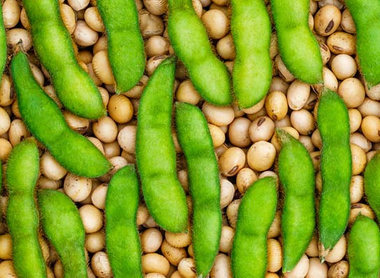
Information and FAQs, including which sectors use soya and why it is so important for livestock feed
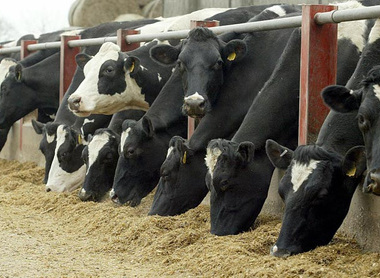
Find information and answers to FAQs on BSE, including the cause of the UK crisis, animal and human health impacts, and the stringent measures put in place to prevent its recurrence.
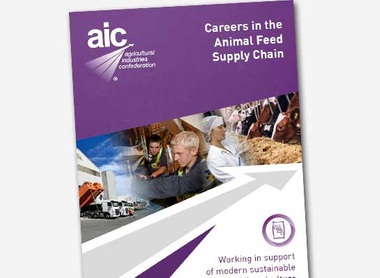
The booklet offers information on a range of roles within the animal feed supply chain, including technical, procurement, sustainability, logistics, IT and engineering.

There is an ever increasing focus on the environmental impact of feed and AIC provides support for members on the environmental policies affecting feed mills and feeding advice, as well as updates on sustainability issues.
![UK Feed Register Union Jack[10].jpg](https://www.agindustries.org.uk/static/6e7f84d7-84e2-43ab-ad49ef5ad672bff1/toc_d333720560e279be8ea4c96c6f19c1f6_4a7c7e45a350/UK-Feed-Register-Union-Jack10.jpg)
The UK feed industry (AIC, BAFSAM, BETA, PFMA) have agreed to publish a Register of feed material notifications on the Internet and update the Register on a regular basis.

All AIC contracts are kept under regular review by the AIC Contracts Committee in conjunction with the appropriate sector.

Data relating to UK and European compound feed and livestock industries
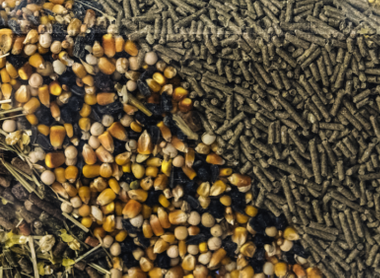
The European Feed Manufacturers' Federation (FEFAC) was founded in 1959 by five national compound feed associations. Now it represents, as full members, 28 national associations in 27 European countries as well as associations in Switzerland, Turkey, Norway, Serbia and Russia with observer/associate member status.
The legislation outlined in this section applies to the manufacture, sale and supply of animal feed in the United Kingdom and is divided according to the main set of regulations. Links to relevant pieces of legislation and guidance are provided.
This is a new initiative whereby livestock producers can search for feed companies with registered advisers within their area.
The UK Former Foodstuffs Processors Association, (an AIC affiliate) represents the former foodstuffs sector as well as safeguarding its activities and promoting its interests on issues affecting its members. James McCulloch, Head of Sector Animal Feed, is the key contact for UKFFPA.
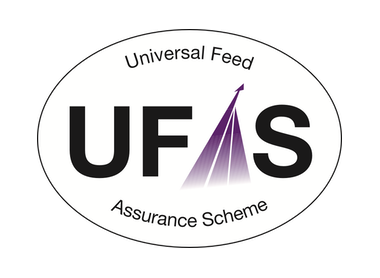
Provides an assurance system to ensure that feed destined for UK livestock meets safety requirements defined by legislators and industry.
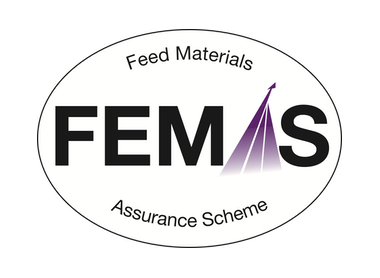
Provides an assurance system to ensure that feed ingredients destined for UK livestock meet safety requirements defined by legislators and industry.
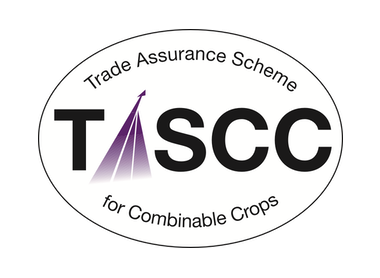
Provides an assurance system for the trading of combinable crops for food, feed and biofuel use, the trading of compound feed and feed materials and the transport and storage of combinable crops and animal feeds to meet safety requirements defined by legislators and industry.